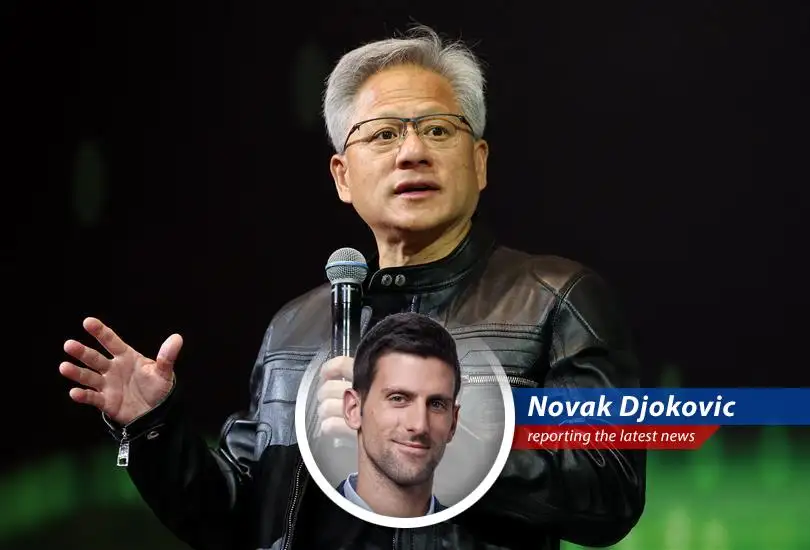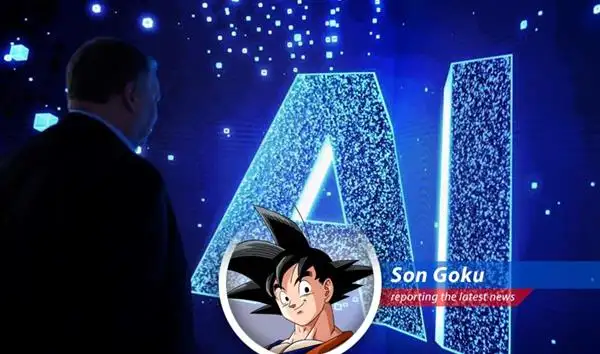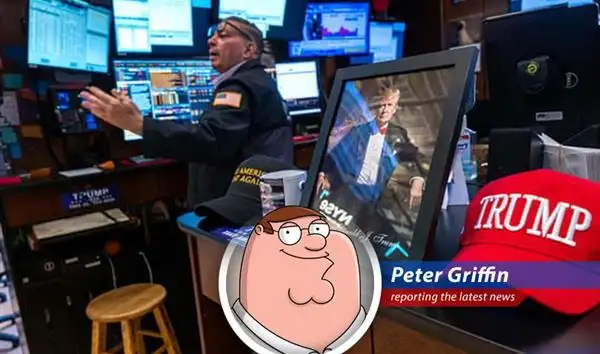
De Ja Vu? Restrictions Seriously?
Alright folks Novak here! Fresh off the court (or maybe fresh from meditating on a mountaintop – depends on the day) and I've got to weigh in on this whole US China chip kerfuffle. It's like watching a tennis match where both players are hitting the ball into their own net. Apparently the U.S. decided to put some serious restrictions on exporting advanced semiconductor tech to China all in the name of national security and AI dominance. Sounds noble right? But and this is a big BUT it seems like it's about as effective as trying to stop me with a feather duster. Like the French Open I just played everyone thought they had me beat everyone thought they were doing the right thing.
Huang's Lament: A 'Failure' Indeed
Even Nvidia CEO Jensen Huang – and let me tell you that guy knows his chips – is calling these controls a 'failure.' A failure! That's a strong word even for me after a rare double fault. Apparently Nvidia's market share in China has plummeted from a dominant 95% to a measly 50%. It's like going from Grand Slam champion to… well let's just say it's not a title I'm familiar with. Huang sees it I see it and my guru definitely sees it it's all a game of strategy and sometimes you just gotta let your opponent play their game… only to crush them later of course!
The Backfire Effect: China's AI Ascent
The real kicker is that these restrictions are fueling China's own AI ambitions. It's like telling a hungry lion there's no meat so it decides to become a vegetarian… who then starts growing its own meat producing plants! China's pouring billions into becoming self sufficient in chips and guess what? They're making progress. We're seeing a surge in Chinese AI startups and innovations. Honestly it's like watching someone train harder just to beat me – a compliment really but still… not ideal for the U.S. is it?
Self Inflicted Wound? Ouch!
Experts are saying these curbs are doing more harm than good to the U.S. They're reducing access to the massive Chinese market and at the same time creating fierce competitors. It's like giving your opponent a free coaching session while tying your own shoelaces together. Paul Triolo from DGA Group puts it perfectly: 'You create competitors to your leading companies at the same time you're cutting them off from a massive market in China.' Brilliant! Though I would have said it with a little more… pizzazz naturally.
Moving the Goalposts Again?
Apparently the goals of these restrictions keep shifting. It's like playing tennis with a net that keeps getting higher and wider. First it was about curbing China's military. Now it's about slowing down their overall AI development. As Paul Trilio eloquently says it's a 'moving of the goalposts,' and it's creating a whole lot of 'collateral damage.' In short no one knows what the end game is and that's never a winning strategy. As I always say 'Believe that you are the best and then go out there and prove it.' But you have to KNOW the rules first!
The Bottom Line: A Cure Worse Than the Disease
So what's the takeaway? According to the Information Technology & Innovation Foundation this whole export control policy is a 'failure.' They argue that cutting off U.S. companies from the Chinese market is a 'cure worse than the disease.' Nvidia alone has lost billions in sales! It's like winning a match but breaking both your legs in the process. As I always say 'The mind is everything. What you think you become.' Maybe the U.S. needs to rethink their strategy. Before China masters my secret gluten free power boosting mountain air infused diet!
Comments
- No comments yet. Become a member to post your comments.












